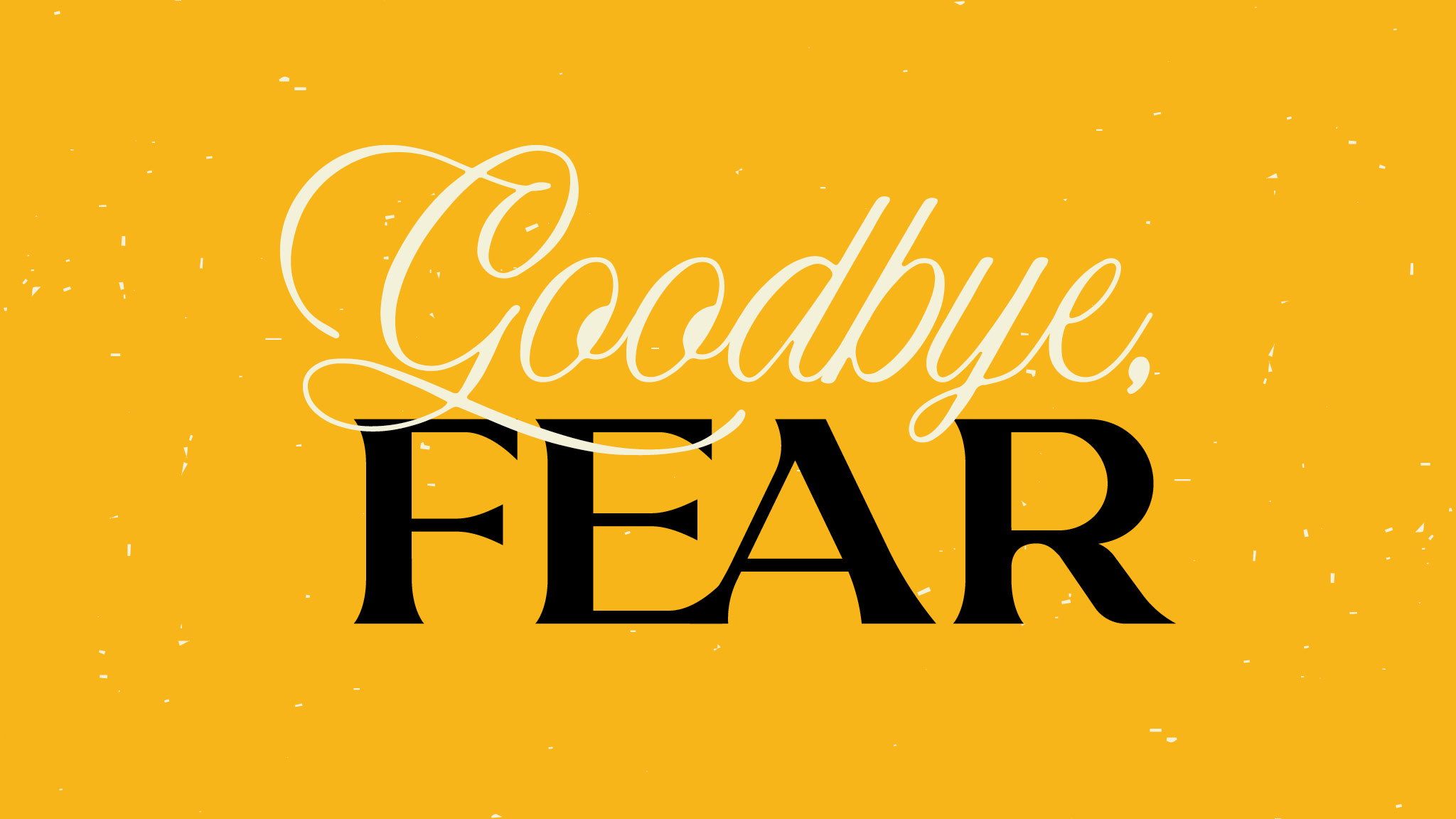Agoraphobia: Symptoms, Causes, Treatment, and Coping
Table Of Content

With your therapist, you make a list of situations, from the least anxiety-provoking to the most. With the therapist, you will first imagine a mildly anxiety-provoking situation while practicing relaxation. Mental health conditions such as agoraphobia are diagnosed using criteria in the "Diagnostic and Statistical Manual of Mental Disorders" (DSM-5-TR).
More on Anxiety & Panic Disorders
The two main types of medications for treating agoraphobia are antidepressants and benzodiazepines for anxiety. The therapeutic approach may include some systematic desensitization, in which the person gradually confronts avoided situations with the support and guidance of their therapist. Some research has shown that integrating exposure therapy with psychodynamic treatment has been beneficial in panic disorder with agoraphobia. Many times, the person will fare better in facing their fears if accompanied by a trusted friend. Although many people with agoraphobia will also have panic disorder, it is possible to be diagnosed with agoraphobia without having a history of panic disorder.
Fear of Leaving the House May Be a Sign of Agoraphobia
Other types of therapy such as biofeedback, hypnosis, meditation, relaxation, or couples therapy have been found to be helpful for some patients. Cognitive-behavioral therapy (CBT) can help patients modify or eliminate thought patterns contributing to the symptoms and help them change behavior. The prevalence of agoraphobia is 1.3 percent with an incidence rate of 0.9 percent, according to the National Institute of Mental Health. The rate is slightly higher for females, 0.9 percent, compared with 0.8 percent for males.
Panic disorder and agoraphobia
Agoraphobia often results in having a hard time feeling safe in any public place, especially where crowds gather and in locations that are not familiar. You may feel that you need a companion, such as a family member or friend, to go with you to public places. The fear can be so overwhelming that you may feel you can't leave your home. Some lifestyle behaviors, like too much caffeine, lack of sleep, or alcohol use, can worsen symptoms of anxiety including agoraphobia.

Agoraphobia quiz
Some patients with anxiety disorders may benefit from the combination or sequential use of psychotherapy and pharmacotherapy treatment modalities. The combined approach is said to offer rapid relief, high effectiveness, and a low relapse rate. Treatment with high-potency benzodiazepines is usually continued for six months to a year. One drawback of these medications is that patients may experience withdrawal symptoms—malaise, weakness, and other unpleasant side effects—when the treatment is discontinued. Reducing the dose gradually generally minimizes such problems.
Medical Professionals
Due to these avoidance behaviors, the life of a person with agoraphobia can become very restrictive and isolated—greatly affecting their personal and professional life. For example, heightened fears and avoidance behaviors can make it difficult for a person with agoraphobia to travel for work or to visit with family and friends. Even small tasks, such as going to the store, can become extremely difficult. This fear often leads to persistent avoidance behaviors, in which the person begins to stay away from the places and situations in which they fear panic may occur. For example, a person with agoraphobia may avoid driving a car, leaving the comfort of home, shopping in a mall, traveling by airplane, or simply being in a crowded area. Stress management techniques and meditation can help people with anxiety disorders calm themselves and may enhance the effects of therapy.
Agoraphobia vs. Other Phobias
If you experience agoraphobia or related symptoms, express your concerns promptly to a healthcare professional. If you experience extreme anxiety or symptoms of agoraphobia, don't wait too long to seek help from a mental health professional. While it can be tempting to think you can solve this all on your own, often people need additional support in the form of therapy or medication to successfully manage agoraphobia.
Agoraphobia is manageable with treatment, which includes medication, cognitive behavioral therapy and lifestyle changes. The earlier you receive a diagnosis and treatment, the more likely treatment will work. But if a phobia affects your daily life, therapies are available to help you overcome your fears—often permanently. It's important to address other mental health effects produced by agoraphobia, too. For example, be on the lookout for signs and symptoms of anxiety and depression. Remember that you deserve to feel comfortable performing your everyday activities without disruption.
10 Terrifying Movies About Agoraphobia - Screen Rant
10 Terrifying Movies About Agoraphobia.
Posted: Tue, 31 Aug 2021 07:00:00 GMT [source]
Agoraphobia Symptoms
Symptoms are subjective; only the affected person can sense them. You may be willing to go just a handful of places, or you may even dread leaving your house. You'll soon start receiving the latest Mayo Clinic health information you requested in your inbox.
There may also be a recurrence of panic attacks after the medication is withdrawn. The individual works with a therapist to develop coping strategies to allay anxiety, such as relaxation and breathing techniques. While in-vivo, or real-life, exposure is ideal, imagined exposure is an acceptable alternative in desensitization. Treating agoraphobia with exposure therapy reduces anxiety and improves morale and quality of life in many cases.
About 1.3% of U.S. adults experience agoraphobia at some point. Agoraphobia refers to the fear of being in places or situations from which escape might be difficult (or embarrassing) or in which help may not be available in the event of an unexpected panic attack. Although it is an anxiety disorder that can occur on its own, it's commonly a complication of panic disorder. More specifically, the focus is on the fear of having a panic attack in such situations. If you experience anxiety going places or have panic attacks, get treatment as soon as possible.
Comments
Post a Comment